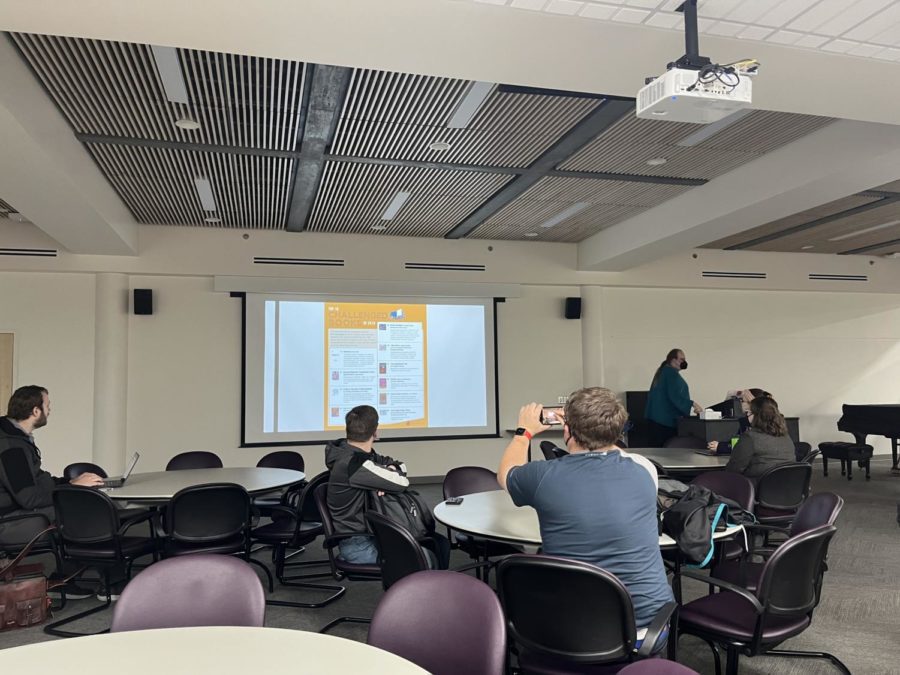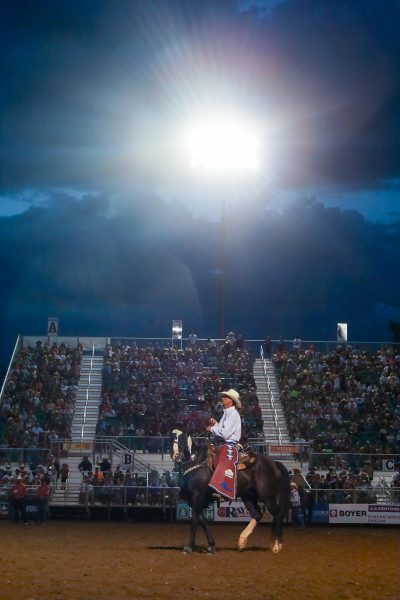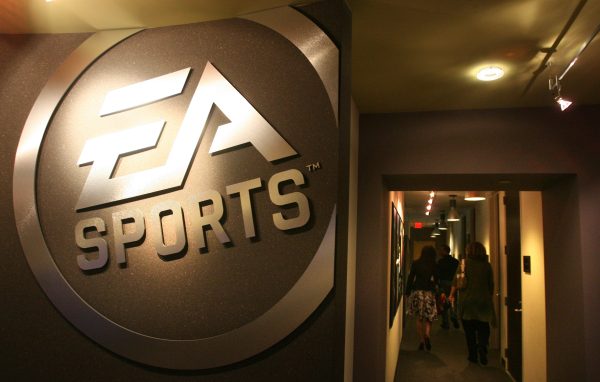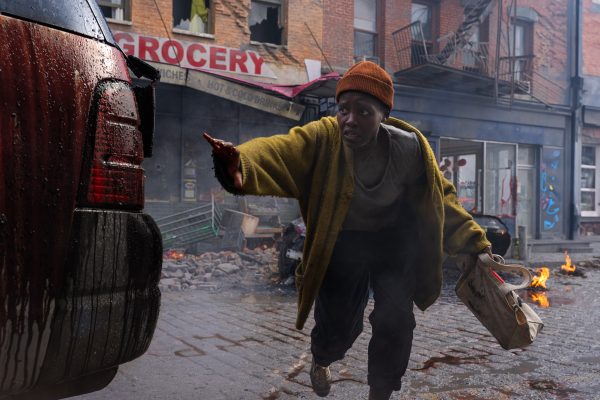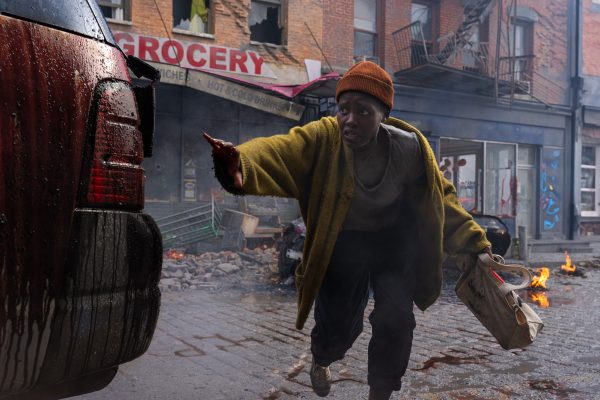The good, the bad and the banned: Book censorship
The tradition of banning and challenging books is once again gaining traction. Richard Price, an associate professor of political science at Weber State University, held an event on Oct. 26 in the Honors Center located in the Stewart Library to discuss recent book challenges.
Every year, the American Library Association publishes a list of the top 10 most challenged books of the previous year. Up until recently, most of the books were a variety of different genres and the list changed little year-to-year. The last couple of years has seen a shift to focus on books with race and LGBTQ related material.
Price said challenges on race typically come from a place of not wanting to see the difficult side of American history. Books that don’t have the narrative of a “triumphant America,” usually get challenged.
One example Price gave was a book geared towards second graders about Ruby Bridges, the first Black girl to go to an all-white school.
The book authored by Bridges herself included some of the racial slurs that people shouted at her. A parent challenged the book saying their second graders did not need to learn or read those things, but when asked when their children should learn them, the challenger replied with “I don’t know.”
In addition to debates about race and American history, the main book challenges have been towards LGBTQ books. Price said these books are attacked because some challengers don’t want to “normalize” the queer population to children.
Price also said parents are worried that when their children read these books they might “catch” queer or become confused.
However, Price said the biggest reason LGBTQ books are challenged is due to sexual content. Some people when challenging these books argue that it’s not a LGBTQ issue, it’s a pornography issue.
Price said the people challenging these books often haven’t even read the books, they just take a page or maybe a paragraph or two from the book and find an argument for the entire book, taking the page or paragraph out of context.
Audience members were frustrated to learn about the reasons behind challenges and added to the discussion.
Syrena Finnell, an audience member, was frustrated with the challenging of LGTBQ books due to not wanting to normalize or acknowledge that the queer community exists.
“It is frustrating to not see anything that represents the experience that you’ve lived,” Finell said. “It’s not something I’m making up, but really I have experienced, but a lot of people don’t want to acknowledge that ‘abnormal’ people exist.”
Many wanted to know what is being done to help prevent this. Price said teachers and librarians who fight against these challenges have been receiving criminal charges, but have not been prosecuted yet, so they are afraid to speak out against it.
Price also said teachers and librarians fear they might get fired or face harassment from the community.
Because of these worries, Price says teachers and librarians who don’t agree with the challenges might not speak up in order to protect their careers.
For more information on banned and challenged books visit the American Library Association website.



